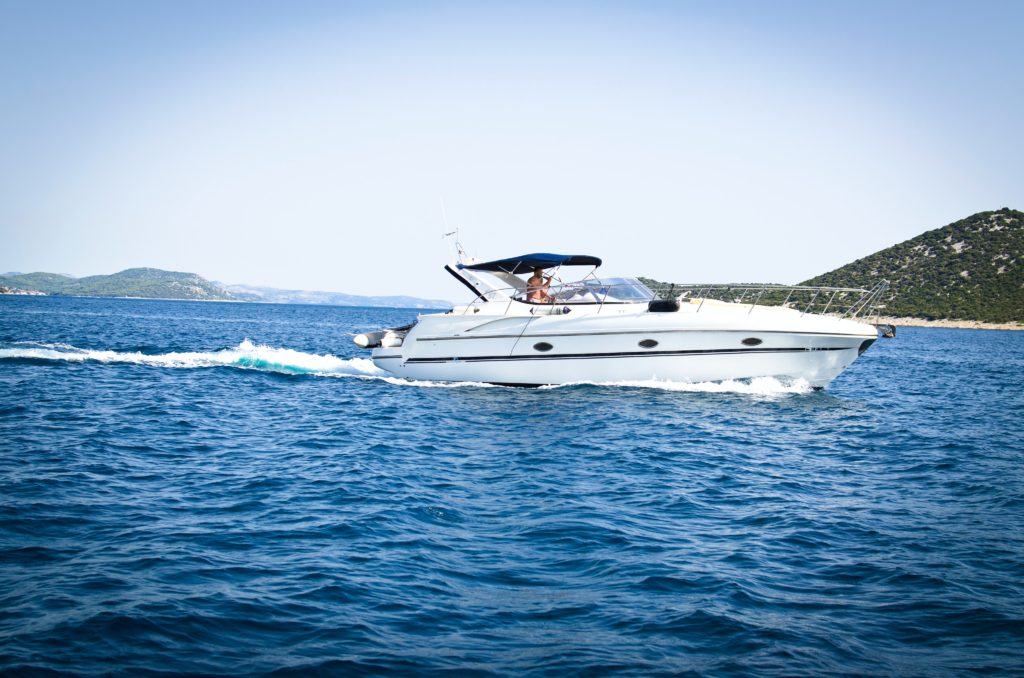Boating is a great way to stay active and have fun, but it also important to keep in mind that the heat and sun on the water can make you feel dehydrated.
This is a real danger for those that sail during the summer, especially those who spend long days on the water.
You can prevent a lot of these symptoms by making sure that you drink enough fluids and stay properly hydrated. It can help improve your strength, boost your immune system, minimize muscle cramps and more!

